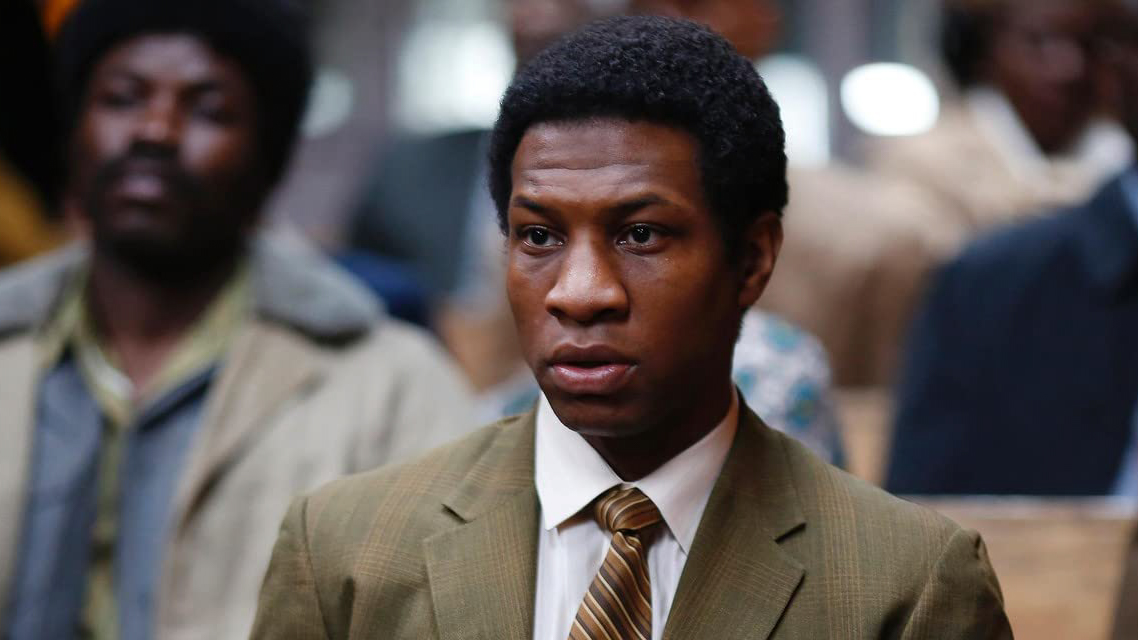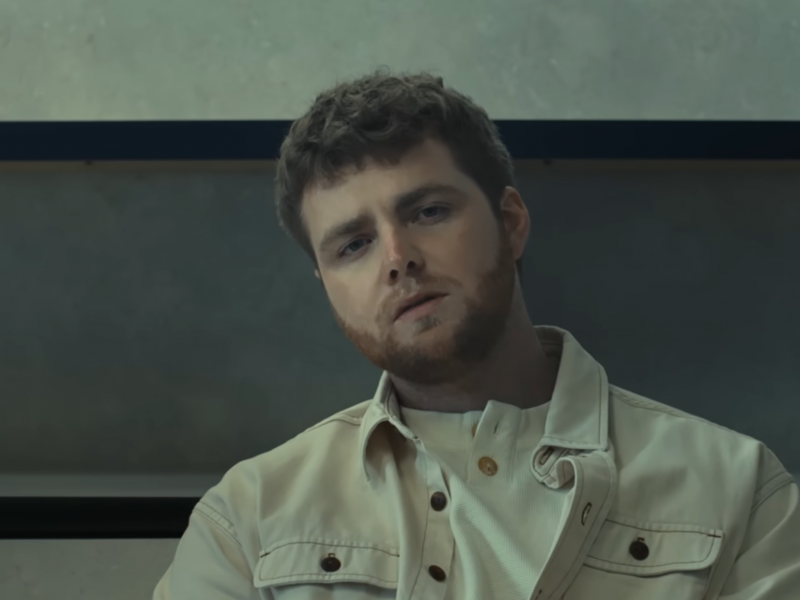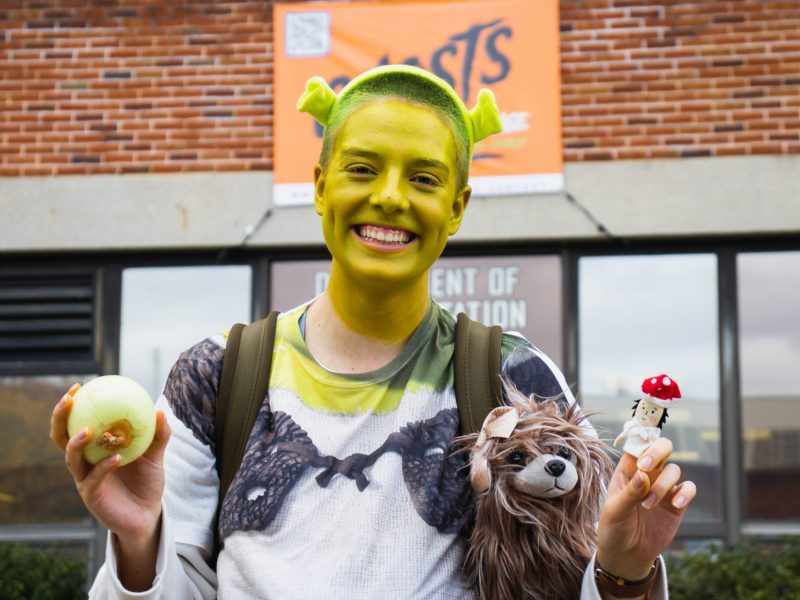It’s been difficult this past week to digest the news surrounding the arrest of actor Jonathan Majors. The actor, who was experiencing a meteoric rise after starring in Creed III and Ant-Man and the Wasp: Quantumania, was charged with assault and aggravated harassment Sunday.
The online reactions that followed weren’t surprising. Twitter was flooded with a myriad of questions surrounding Majors’ arrest and potential charges, as well as concern for his alleged victim; all natural reactions from shocked and confused fans who had just watched him present at the Oscars.
On this same internet however, exists obsessive fan or “stan” culture, with stan referencing the Eminem song about an obsessive fan named Stan. It’s a rather new phenomenon popularized in the late 2010s as access to media and fan-created content became more accessible.
The idea of parasocial relationships and the entire persona of an entertainer such as Majors existing for consumption has been exacerbated by stan culture. But stans can revolve around entire franchises such as Marvel as well. And unfortunately, their loyalty to a brand can cloud their judgment on more serious issues.
[Review: Lana Del Rey’s new album tunnels listeners into her mind]
Almost immediately after the news of Majors’ arrest broke, focus shifted for many from the allegations to questions about the future of his work with Disney and Marvel, alongside jokes about his alleged abuse.
“If Marvel wants to recast Kang after the whole Jonathan Majors drama, may i present my fancast for Kang,” Twitter user @WanderingGremli tweeted out the day after Major’s arrest, referring to Majors’ role in Marvel movies.
It’s understandable to wonder how a large company like Disney might handle the situation, but they are still an employer, and how they choose to deal with one of their employees is a private matter. The concern isn’t whether Disney should continue to employ an abuser, but rather that this event could derail a movie that someone’s looking forward to.
To shift the focus from a serious situation of an arrest to how the Disney machine will move forward is a toxic mindset.
The product of a celebrity has become the priority instead of considering the serious consequences for people such as Majors or the mental and physical wellbeing of their accusers.
[Review: Fall Out Boy returns to their classic sound with ‘So Much (for) Stardust’]
While there were many who called out this reaction, it was still concerning to see the amount of fans prioritizing the company’s reaction.
With the constant exposure of celebrities, a public figure can lose their humanity once they become the byproduct of a corporation such as Disney. But the focus on our own priorities and entertainment when faced with serious news reveals ways in which toxic fan culture has eroded parts of our empathy.
Celebrities are still humans with the capabilities to commit horrible acts of violence, and making jokes about their roles and careers shows our skewed perception of them.
Majors’ case is not unique. The past year Ezra Miller, who portrays the Flash in the DC Extended Universe movies, has been in headline after headline about violent behavior and multiple arrests.
Yet the news of their behavior is undermined by concerns for The Flash movie and overall DC Universe. Fan content and who is portraying their favorite characters has become a larger concern than the people Miller has allegedly hurt.
The death of Chadwick Boseman also exposed this concerning placement of priorities. Almost immediately following the announcement from his family, there was immediate discourse over whether his role as Black Panther should be recast.
The main focus shifted almost immediately from grieving a man to how his death will affect the future of a franchise. As if he never existed outside of our entertainment.



